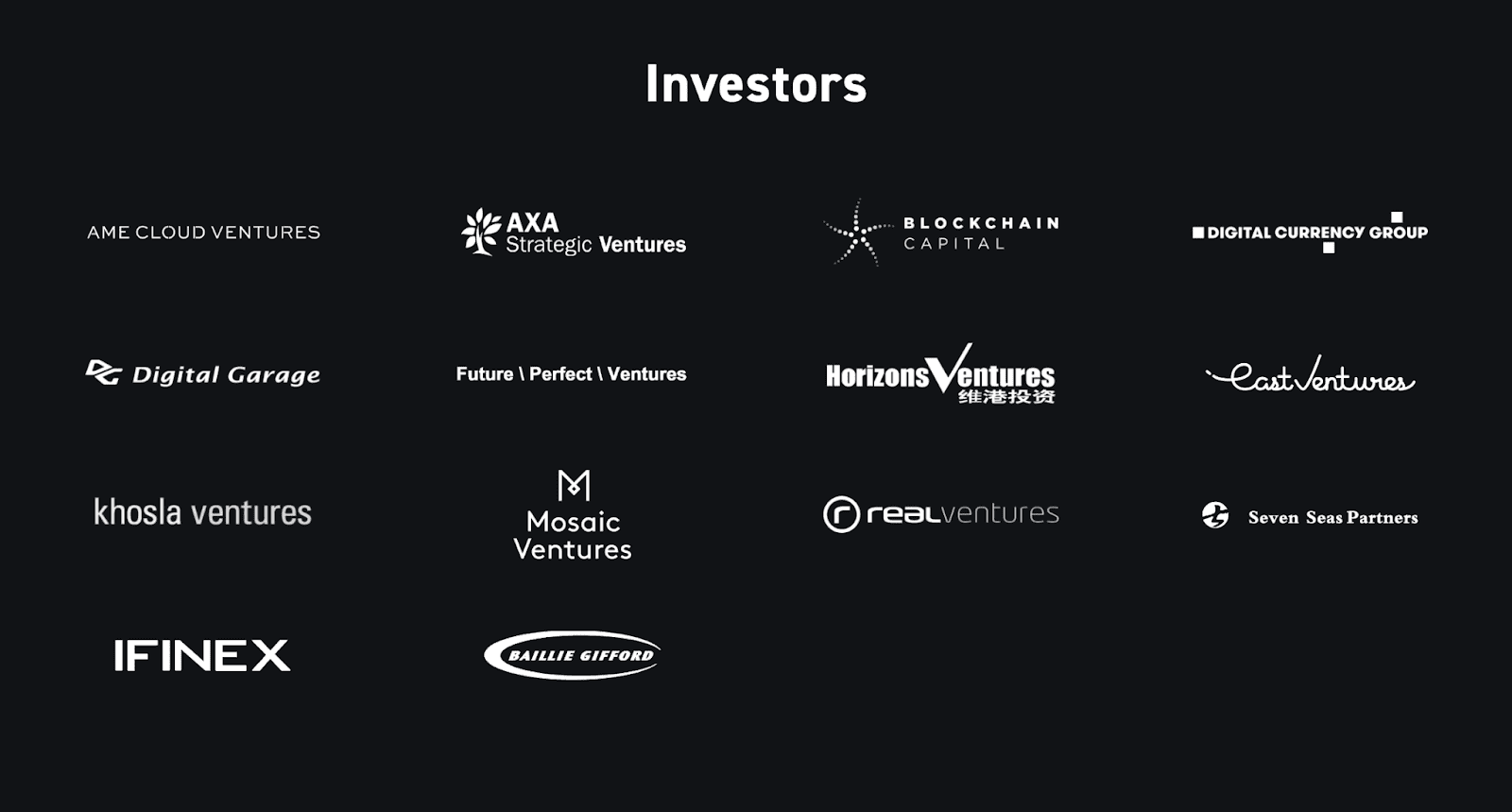|
Getting your Trinity Audio player ready...
|
2024 has seen an interesting shift in the landscape of the “crypto casino” economy as Sam Bankman-Fried was sentenced to 25 years in prison, CZ from Binance was sentenced to [checks notes] four months in prison, Roger Ver was arrested by the DOJ in Spain for allegedly failing to report all of his corporate Bitcoin holdings for his 2014 exit tax, and a whole bunch more. News this week is that the SEC is coming down hard on Coinbase (NASDAQ: COIN) for running an unregistered securities brokerage… It hasn’t been a great year to be part of the crypto casino economy.
But rather than clearing the way for blue skies, I think there is something very serious brewing and most of it ties back to Tether. Before its razing, FTX was the largest purchaser and user of Tether in the Western Hemisphere. Alleging to be safe by appearing to be an American institution, FTX, in hindsight, seems to have been some kind of surrogate entity to various foreign exchanges and iFinex (Tether’s parent corporation). It’s no surprise that as soon as FTX stopped being useful, it was eliminated from the gameboard.
As part of Binance’s exit from FTX equity last year, Binance received roughly $2.1 billion USD equivalent in cash (BUSD and FTT). Due to recent revelations that have came to light, we have decided to liquidate any remaining FTT on our books. 1/4
— CZ 🔶 BNB (@cz_binance) November 6, 2022
But while FTX was operating, it was functioning as a strategically placed on/off ramp for fiat currency into the Tether-fueled exchange economy. Fast-forwarding to about a year later, FTX’s former CEO is behind bars for the next 6+ Bitcoin halving cycles. But CZ, a man who pleaded guilty to laundering money and offering banking services to Al Qaeda, Hamas, and ISIS, is only going to be serving a four-month stint behind bars.
But why?
CZ has engaged in objectively more crime and at higher volumes than FTX ever did.
To those who know how this game is played, the implication is that he must have been able to give the Department of Justice something more valuable than himself. And given that CZ almost inarguably the most valuable exchange CEO in the history of this economy, there are very few people and things that could even conceivably be.
Who then?
In my opinion, the only thing that could be more valuable than taking down the large foreign crypto exchanges would be to take down Tether.
There are endless conspiracy theories about Tether’s insolvency and how it operates as essentially the central bank of BTC. I sarcastically call them the “Tetheral Reserve,” under the assumption that their business model is simply to choose the price of BTC by providing strategically timed liquidity to the small group of market makers who work for the deeply centralized pots of liquidity in the “markets” that are shared by the major foreign exchanges.
Many of Tether’s malfeasances have actually already been proven, so despite their executives acting like all criticisms are just noise, the truth is on the side of Tether’s critics. In 2021, for example, the New York Attorney General’s office fined iFinex over $18 million in penalties for “…Overstating Reserves, Hiding Approximately $850 Million in Losses Around the Globe…” according to this official press release.
And there is no evidence that their behavior has changed. In fact, it doesn’t seem to have changed in a very, very long time. They are trying to become “too big to fail” by cozying up to the Treasury and the Federal Reserve and buying bonds, but their history is deeply problematic.
While @Tether_to reached 72.5B exposure in US t-bills, being top 22 buyer globally, above United Arab Emirates, Mexico, Australia, Spain, …$USDt is the most used stablecoin in the world, with a huge focus on emerging markets. For many of these communities USDt is a lifeline… https://t.co/7hC12Nhzdq
— Paolo Ardoino 🤖 (@paoloardoino) September 5, 2023
According to industry researcher Bennet Tomlin, nearly everyone involved with Tether has a sordid history across the gaming and blockchain space:
Stuart Hoegner, the General Counsel for both Bitfinex and Tether, used to be Director of Compliance for Excapsa. (Archive) Excapsa was notorious for being the parent company of Ultimate Bet. Ultimate Bet allowed some of the poker players on their site access to a ‘God Mode’ that allowed them to see other players’ cards. (Archive) This does seem to have been occurring during Stu’s tenure.
Phil Potter, the former Chief Strategy Officer and Director of Bitfinex and Tether, was once profiled in a New York Times piece where he bragged about this wealth. (Archive) Weeks after this article was published he left his position at Morgan Stanley. (Archive) Several months later he started a new position at Bear Stearns.
Giancarlo Devasini, the Chief Financial Officer of both Bitfinex and Tether, was a retired software pirate (archive) before joining Bitfinex.
Raphael Nicolle, the founder of Bitfinex, was an active participant in and defender of ponzi schemes, at one point even trying to start his own high yield lending program.
Brock Pierce, the co-founder of Tether, fled to Spain with his friend and business partner Marc Collins-Rector while Marc was an indicted fugitive on child sexual trafficking charges. (Archive) They were both arrested at a villa in Spain that was full of child pornography. (Archive)
Jonathan Yantis made his money farming and selling items for online games. Later he was accused by a colleague of having a way to mint items in game. (Archive) This was while he was part of IGE with Brock Pierce.
And now, as it seems like the walls might be closing in on the Tether, a giant smoke screen has appeared at Bitfinex (sister company to Tether under the iFinex umbrella) with an alleged hack potentially of the exchange, but seemingly of a data breach of Bitfinex’s customer book by black hat hacker collective “FSociety.”

There have been claims that an untold number of client account data has been stolen and may now be used for purposes of extortion against Bitfinex, Tether, and whoever might be on the client list. For those unfamiliar with the history, while Bitfinex might not be a particularly important exchange today, before Binance’s explosion on the scene about seven years ago, Bitfinex was arguably the most liquid exchange on earth and spent many, many years as a non-KYC bastion of high-volume, black-market commerce. For that reason, the client list itself is an immensely valuable bargaining chip for gangsters, terrorists, and dangerous state actors, and sitting CEO Paolo Ardoino seems to be hot under the collar about the implications.
So, it looks like the CEO of Tether, and CTO of Bitfinex, decided to use the "hacked" logins, to login to non-Bitfinex exchanges to see if those passwords worked.
Then tweeted about it.
Then deleted it.
That's right folks, that's how a hundred billion dollar company CEO… pic.twitter.com/JwOVDkecjk
— Bitfinex'ed 🔥🐧 Κασσάνδρα 🏺 (@Bitfinexed) May 4, 2024
In a show of total lack of scruples about compliance, Ardoino seems to have tested a leaked name and password on another exchange as a way to determine if the leaked info was real—which is highly illegal and extremely irresponsible. It also seemed to work, which is very bad news for Bitfinex.
So what?
Well, iFinex is a major investor in Blockstream, and Tether is heavily integrated into the BTC economy at every level.

Whether this hack is real or contrived, or if if CZ has already handed the Feds what they need, it is starting to feel like the Tether scam could be nearing its end either by takedown from a multi-national coalition of law enforcement, regulators from the U.S. or other major jurisdiction, or maybe even from shady characters who do not forgive the kinds of slip-ups that Bitfinex might be guilty of in this instance. A sort of street justice for what is quite possibly the largest fraudulent business in the history of commerce.
Either way, it is starting to feel like things are just heating up. If Tether collapses, the overwhelming majority of global liquidity will go with it, and so will a sizable chunk of value held in equity around the blockchain economy. With BlackRock and other major players freshly on the game board, what happens next is anyone’s guess!
Watch: Teranode & the Web3 world with edge-to-edge electronic value system

 07-09-2025
07-09-2025 





